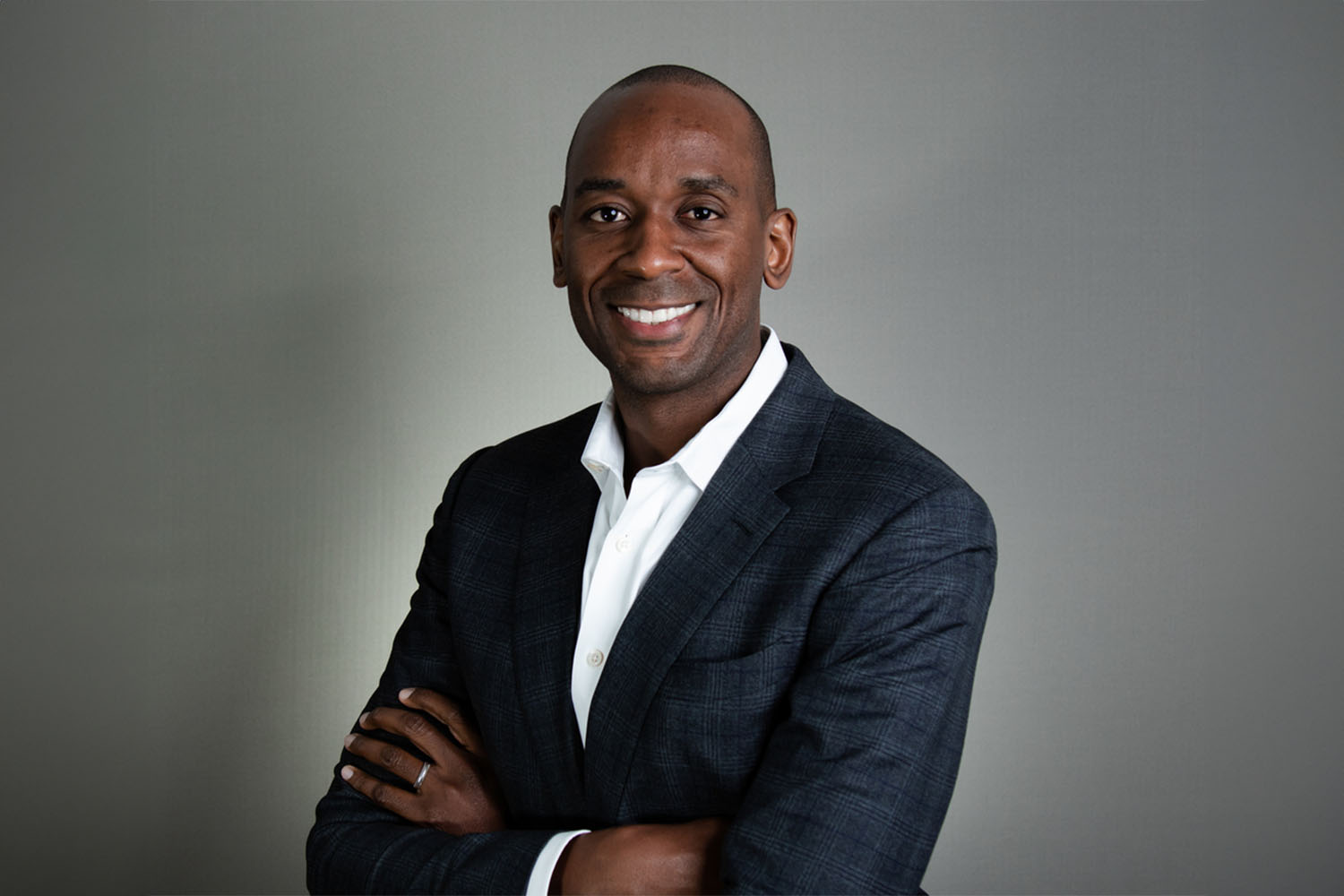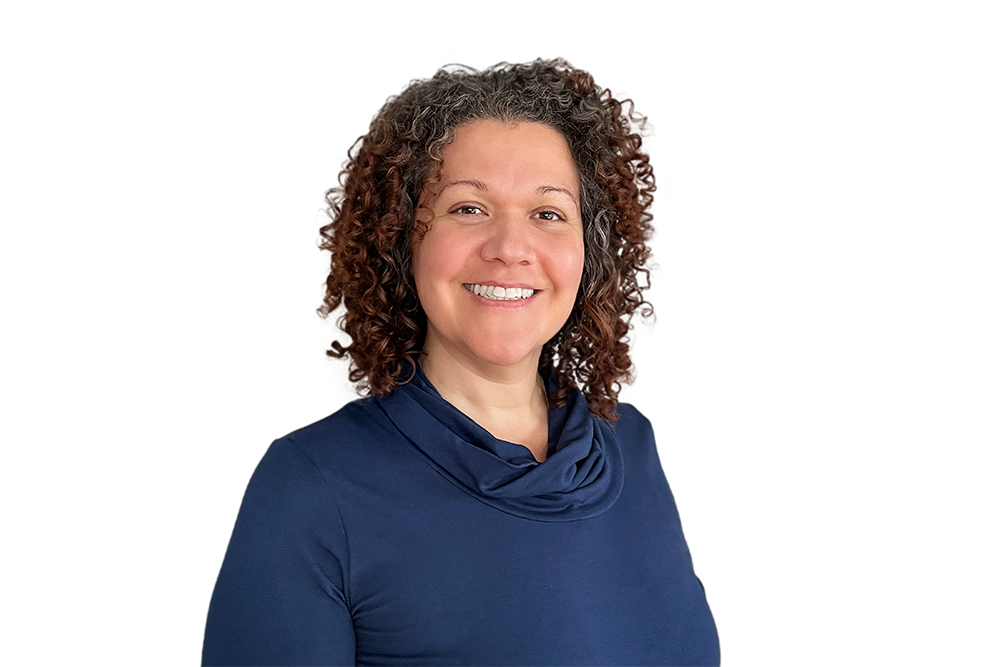Being Yourself is a Competitive Advantage
January 30, 2023

MORE BY THIS AUTHOR

Insight
3 years ago
Leading in Today’s...

Insight
4 years ago
Do You Want to Accelerate...

Insight
4 years ago
Planning and Executing this...

Insight
4 years ago
Setting the Foundation:...

Insight
4 years ago
Retiring Underperforming...

Insight
4 years ago
Who do you think you are?


